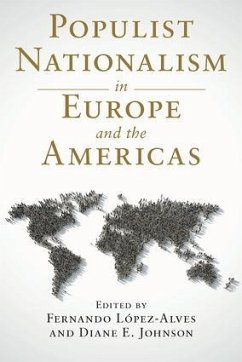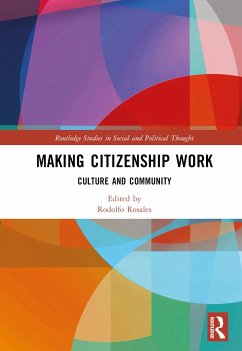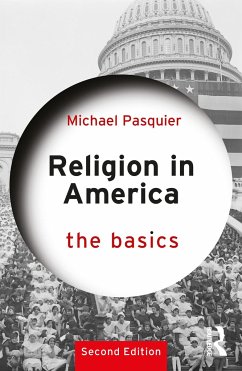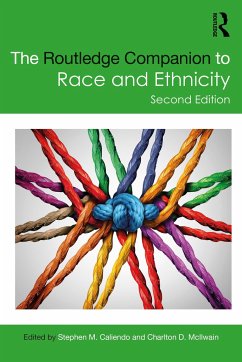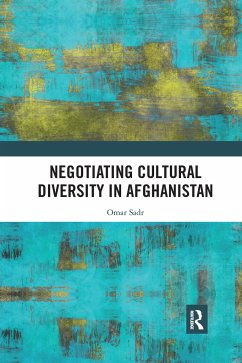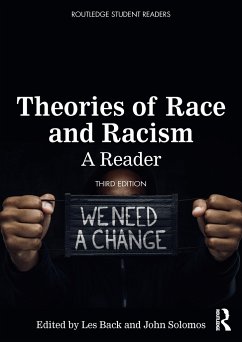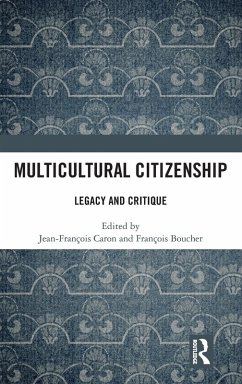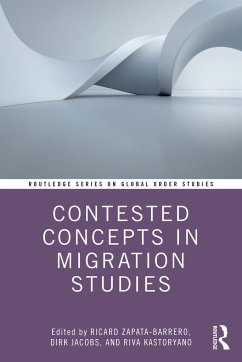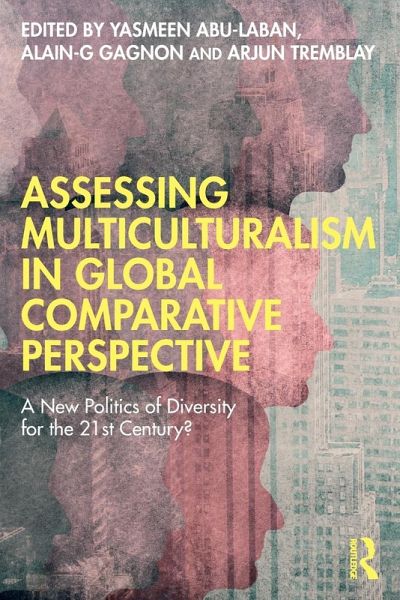
Assessing Multiculturalism in Global Comparative Perspective
A New Politics of Diversity for the 21st Century?
Herausgegeben: Abu-Laban, Yasmeen; Gagnon, Alain-G; Tremblay, Arjun
Versandkostenfrei!
Versandfertig in 6-10 Tagen
41,99 €
inkl. MwSt.

PAYBACK Punkte
21 °P sammeln!
In Assessing Multiculturalism in Global Comparative Perspective, a group of leading scholars come together in a multidisciplinary collection to assess multiculturalism through an international comparative perspective.Multiculturalism today faces challenges like never before, through the concurrent rise of populism and white supremacist groups, and contemporary social movements mobilizing around alternative ideas of decolonization, anti-racism and national self-determination Taking these challenges head on, and with the backdrop that the term multiculturalism originated in Canada before going g...
In Assessing Multiculturalism in Global Comparative Perspective, a group of leading scholars come together in a multidisciplinary collection to assess multiculturalism through an international comparative perspective.
Multiculturalism today faces challenges like never before, through the concurrent rise of populism and white supremacist groups, and contemporary social movements mobilizing around alternative ideas of decolonization, anti-racism and national self-determination Taking these challenges head on, and with the backdrop that the term multiculturalism originated in Canada before going global, this collection of chapters presents a global comparative view of multiculturalism, through both empirical and normative perspectives, with the overarching aim of comprehending multiculturalism's promise, limitations, contemporary challenges, trajectory and possible futures. Collectively, the chapters provide the basis for a critical assessment of multiculturalism's first 50 years, as well as vital insight into whether multiculturalism is best equipped to meet the distinct challenges characterizing this juncture of the 21st century.
With coverage including the Americas, Europe, Oceania, Africa and Asia, and thematic coverage of citizenship, religion, security, gender, Black Lives Matter and the post-pandemic order, Assessing Multiculturalism in Global Comparative Perspective presents a comprehensively global collection that is indispensable reading for scholars and students of diversity in the 21st century.
Multiculturalism today faces challenges like never before, through the concurrent rise of populism and white supremacist groups, and contemporary social movements mobilizing around alternative ideas of decolonization, anti-racism and national self-determination Taking these challenges head on, and with the backdrop that the term multiculturalism originated in Canada before going global, this collection of chapters presents a global comparative view of multiculturalism, through both empirical and normative perspectives, with the overarching aim of comprehending multiculturalism's promise, limitations, contemporary challenges, trajectory and possible futures. Collectively, the chapters provide the basis for a critical assessment of multiculturalism's first 50 years, as well as vital insight into whether multiculturalism is best equipped to meet the distinct challenges characterizing this juncture of the 21st century.
With coverage including the Americas, Europe, Oceania, Africa and Asia, and thematic coverage of citizenship, religion, security, gender, Black Lives Matter and the post-pandemic order, Assessing Multiculturalism in Global Comparative Perspective presents a comprehensively global collection that is indispensable reading for scholars and students of diversity in the 21st century.





